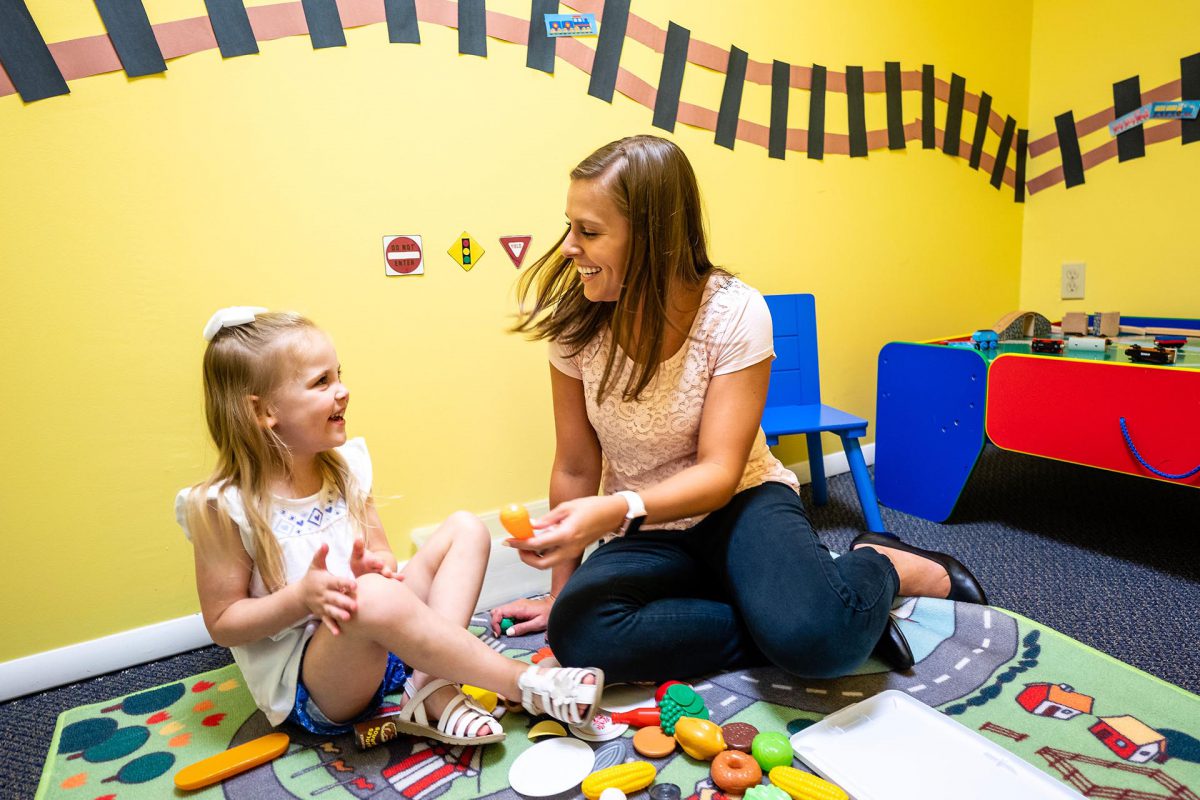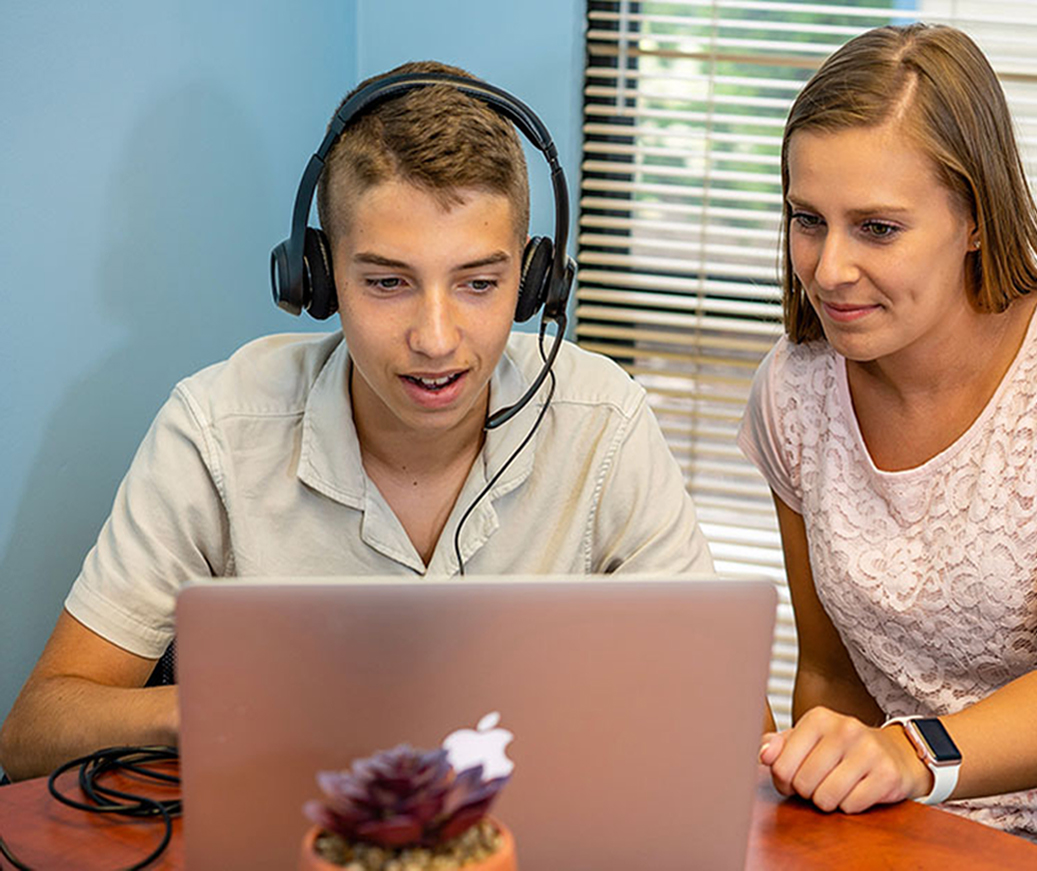If your child has trouble with their speech, you will want to do all that you can to encourage them to practice. If a child is left alone and not encouraged to practice their speech, their speech could be problematic well into adulthood. There are many different ways that you can help motivate your child to learn and speak correctly.
Create a Learning Atmosphere
Parents often make the mistake of not making a learning atmosphere. Do not think that your child can just sit in their room and practice their speech successfully. You will want to make sure that you create an atmosphere that benefits your child. You will want to take away any distractions. This includes games and toys. Having toys and games lying around will only encourage your child to want to play those and not be motivated to practice their speech. Allow items in the room that will allow your child to learn and practice their speech. Keep the room where practicing is taking place quiet and free from interruptions. Work closely with your child to help create a rich educational atmosphere.
Make it Fun
Making learning fun should be at the top of your priorities. Helping your child work on his or her speech can be fun through different methods. You can create educational stories that your child can recite, and you can create games where they work on their speech. Come up with a reward system to help to encourage them to be motivated.
Encourage Your Child and Do Not Stress
You will want to encourage your child all that you can. Even if they are not learning their speech like you think they should, still encourage them. Kids thrive on encouragement and will have great success. You will also want to remember not to stress. Your child will be able to pick up on your stress, which can lead to them regressing and not wanting to practice their speech at all.
Hire A Speech Therapist
If your child suffers from speech issues, a great way to help them is to hire a child speech therapist in Jenkintown. A child speech therapist can work closely with your child to help them to correct their speech. A therapist will be able to offer you tips and tricks to ensure that your child is getting the speech therapy that they need. You can also ask them for any advice on how to encourage your child best.
Having a child with speech issues can be stressful, but armed with the proper techniques and great private speech therapy in Southampton, you will be able to help your child be motivated to practice his or her speech every day.









